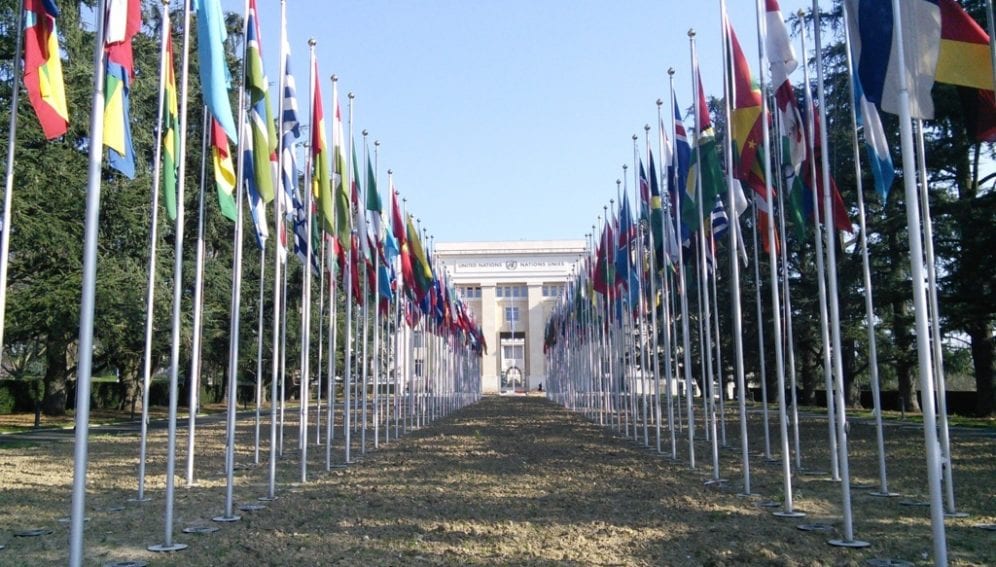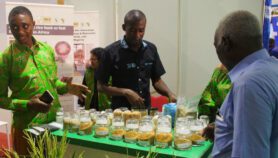By: Joshua Howgego
Send to a friend
The details you provide on this page will not be used to send unsolicited email, and will not be sold to a 3rd party. See privacy policy.
[GENEVA] This week I have the pleasure of visiting the UN office in Geneva in springtime — the views of Lake Geneva are scintillating. But there’s been little time to enjoy the views.
I’m here for a meeting of UNCTAD (UN Conference on Trade and Development), where a series of experts are presenting their views on how to foster innovation and entrepreneurship in developing nations.
Out of a huge number of detailed talks, one both caught my attention and picked up on several recurring themes. It came from Lena Tsipouri, who researches the economics of technological change at the University of Athens, in Greece.
She spoke about her experience as a consultant for ERAWATCH, an online platform that provides reports and analysis of research innovation policies and systems. It covers 61 nations: all those in European Research Area (hence the ERA part of its name) plus countries as far afield as South America which have signed up to be included in the process.
The idea is for the database to give policymakers a tool for following developments in innovation policy, perhaps allowing insights into what does and does not work.
Tsipouri suggested that a similar database covering innovation policies in developing nations could now be a good idea.
“Innovation policy documents exist now in most countries but — more often that one should expect — implementation is falling behind,” she said. “What is in the document is not implemented. Hence the documents are useful for monitoring progress but not creating innovation policies.”
If such a database project is created, Tsipouri said its developers could learn lessons from ERAWATCH.
She pointed out that ERAWATCH is a top-down platform, meaning that its mandate comes from EU policymakers who want to monitor the innovation systems of the member states in the context of the creation of the European Research Area. One advantage of this is that policymakers actually take notice of it and ensure the database was rigorously maintained.
“So this is one good thing about having a top down initiative,” she said.
When I spoke to her later she suggested that any similar body for the developing world would do well if it were implemented by an organisation with some policymaking clout. For example, she said the African Union or the Association of South-East Asian Nations’ Krabi initiative — a body that looks at science and technology in the region — could be good candidates.
Another lesson, she said, was that in order for the database to work, it had to have a well-defined taxonomy of innovation so that the policy documents could be organised sensibly. But since innovation in different parts of the world can have varying characteristics, she said this taxonomy would need to be thought about carefully and adapted before it is transferred elsewhere.
For me, Tsipouri’s talk was a highly instructive one. It seemed to capture one of the overriding impressions I took from the meeting: that there is a severe difficulty in measuring policies designed to foster innovation. But it was interesting to hear about an example that could be the basis of a future solution.














